The secret system to help preserve Mona Lisa's smile
The secret cooling system beneath Paris helps the French capital withstand harsh summers despite unpredictable energy prices.
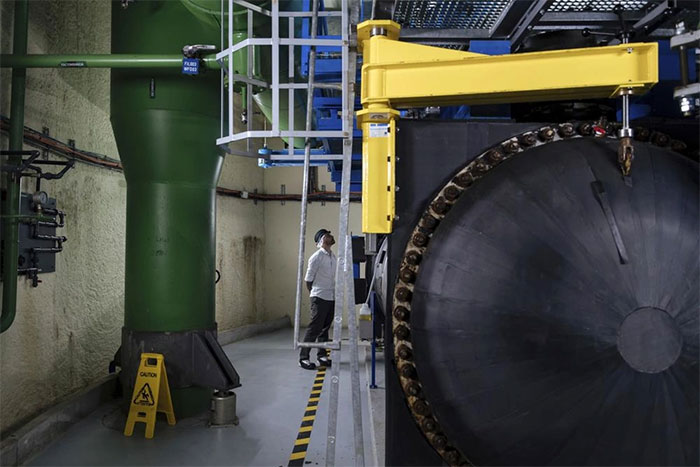
The little-known cooling system, called "Urban Cold", is located 30 meters below the capital Paris. Every day, every hour, cold water is continuously pumped through the pipeline system to cool the air for more than 700 locations, including the Louvre. The largest-scale renewable cooling system in Europe, but its noise is never heard from the ground, according to AP.
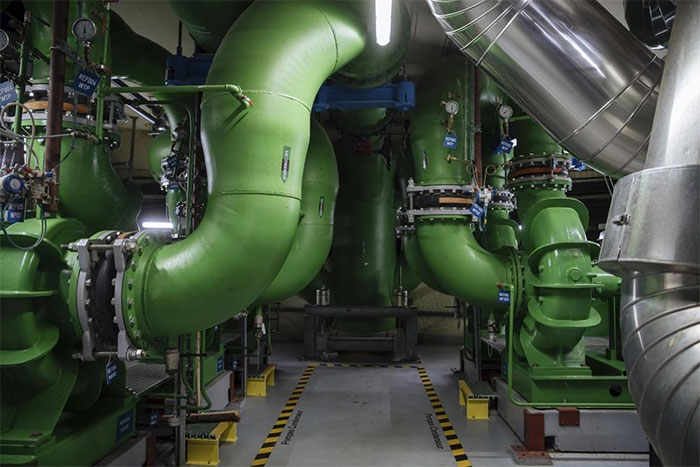
The Paris government has signed a contract to triple the size of the cooling network. By 2042, the cooling system will have a total length of 252 km, becoming the largest urban cooling system in the world, helping Paris cope with the risk of global warming. Over the next 20 years, Paris will expand its cooling network to hospitals, schools, and metro stations.
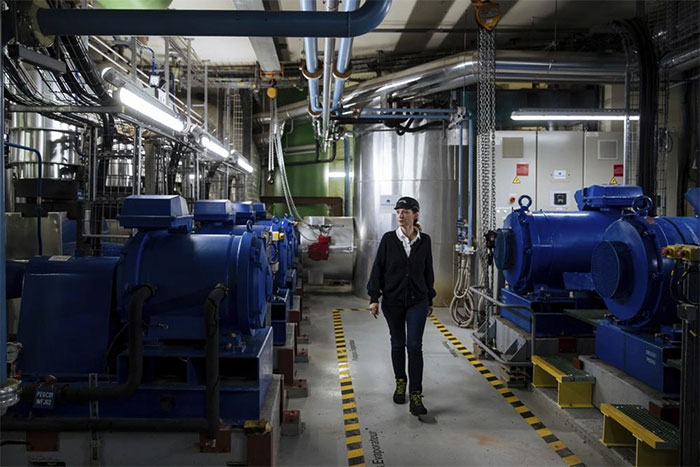
The underground cooling system in Paris is operated by the joint venture Fraicheur de Paris, with 85% of the shares belonging to the state energy company EDF, the remaining 15% of the shares belong to the company operating public transport. RATP. The leader of Fraicheur de Paris said that the underground cooling system benefits the entire capital, compared to having an air conditioner installed in each house.
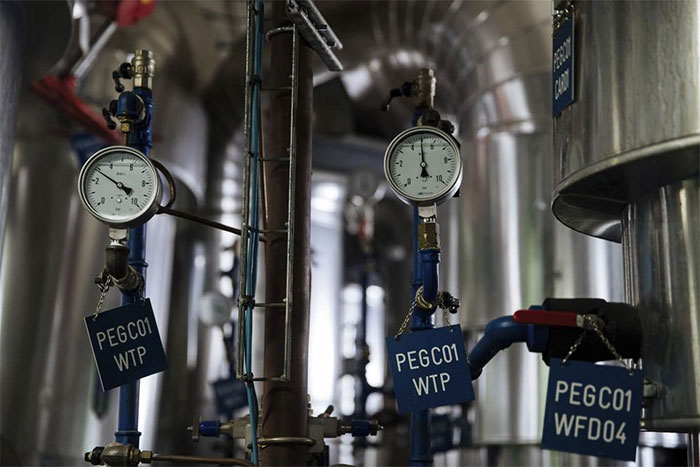
"If all buildings in Paris are air-conditioned, the urban heat island effect will appear," said leader Fraicheur de Paris. The company says the cooling system helps reduce the city's temperature by 1.8 degrees Celsius compared with using air conditioning throughout the city. "1 degree Celsius in the city center is significant".
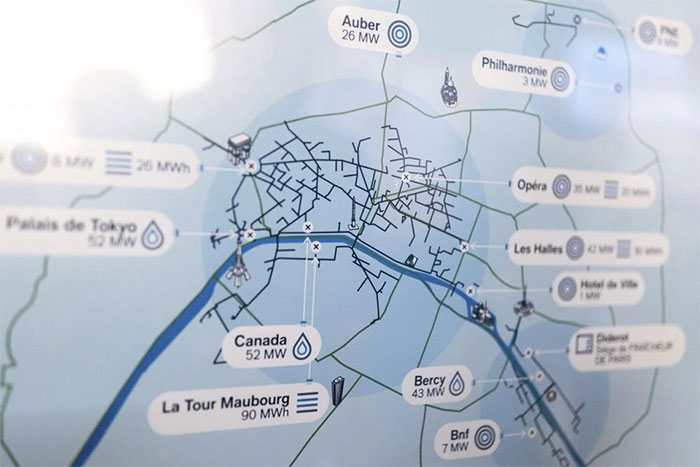
Part of the cooling system was built on the Seine river. When the river water is cold enough, a pump draws in the river water used to cool the water in the system. The cold water is then pumped through pipes to more than 700 locations in Paris.

All cooling facilities in the system use renewable energy such as wind power, solar power. Currently, 4 new solar power facilities are about to be started, contributing to powering the cooling network.

The benefits of renewable cooling have become more visible than ever this summer with multiple locations in Paris. "The Louvre needs cold water to preserve artwork and control humidity," said Laurent Le Guedart, director of the Louvre's heritage fund. The cooling system works especially well at the Pavillon Denon gallery, which houses the Mona Lisa and dozens of other works of art.
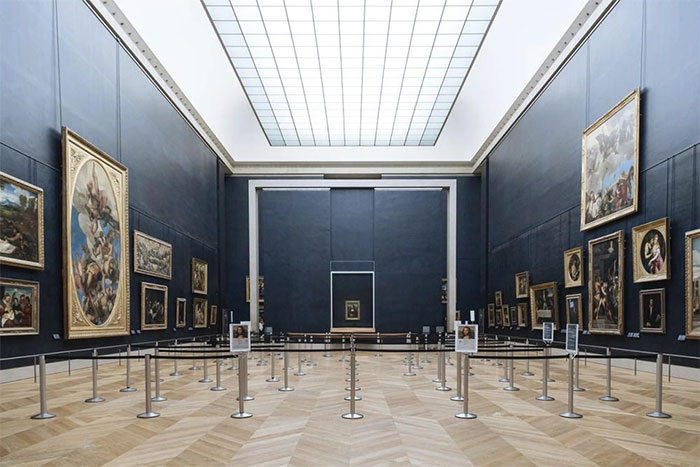
Mr. Le Guedart said the cooling system also helped save significant costs in the context of high energy prices because of the war in Ukraine. In 2021, the Louvre's energy bill is about $10 million. The benefit of Paris's renewable cooling system could save the Louvre millions in the future as energy prices continue to fluctuate.
- Decipher the secret hidden behind Mona Lisa's smile
- Mona Lisa has syphilis?
- Behind the smile Mona Lisa
- Decode the Mona Lisa smile with photo technology
- Is the Mona Lisa's smile about to decipher?
- Science points out the mystery behind the smile
- Mona Lisa's true identity
- The 8 biggest mysteries in the Mona Lisa painting
- If Mona Lisa's prototype skull laughs
- The mysterious smile of her second Mona Lisa
- Found the Mona Lisa's skull?
- The dark, little-known life of Mona Lisa in real life
 The 11 most unique public toilets in the world
The 11 most unique public toilets in the world Explore the ghost town in Namibia
Explore the ghost town in Namibia Rare historical moments are 'colored', giving us a clearer view of the past
Rare historical moments are 'colored', giving us a clearer view of the past The world famous ghost ship
The world famous ghost ship